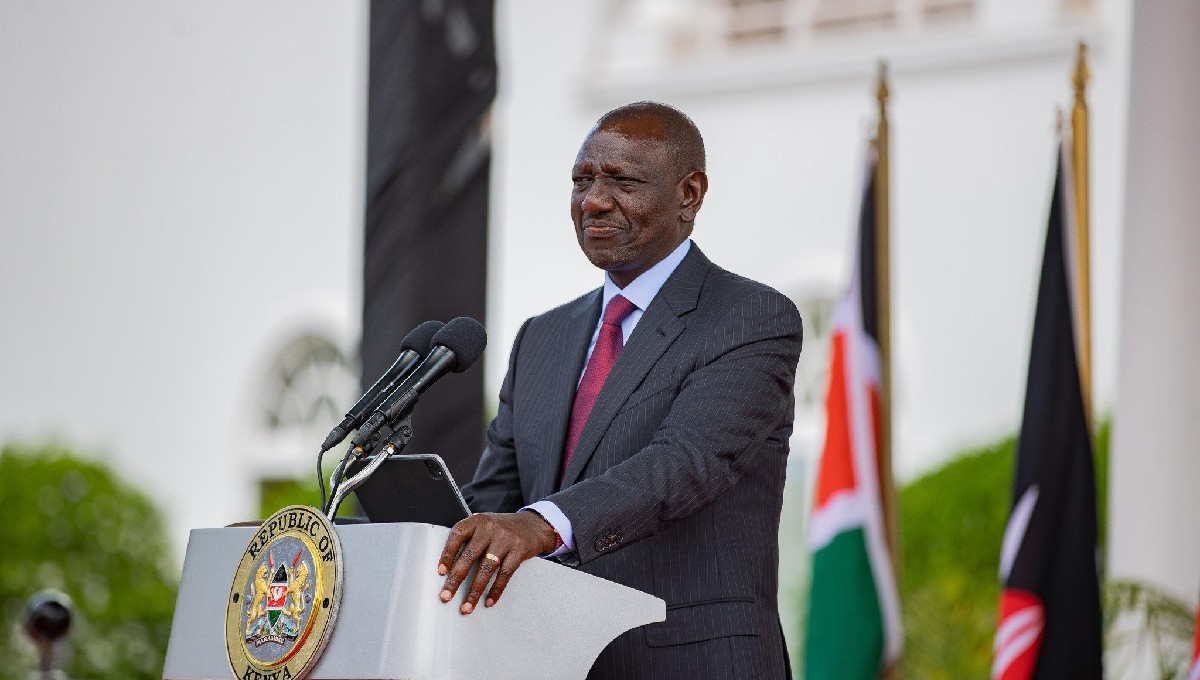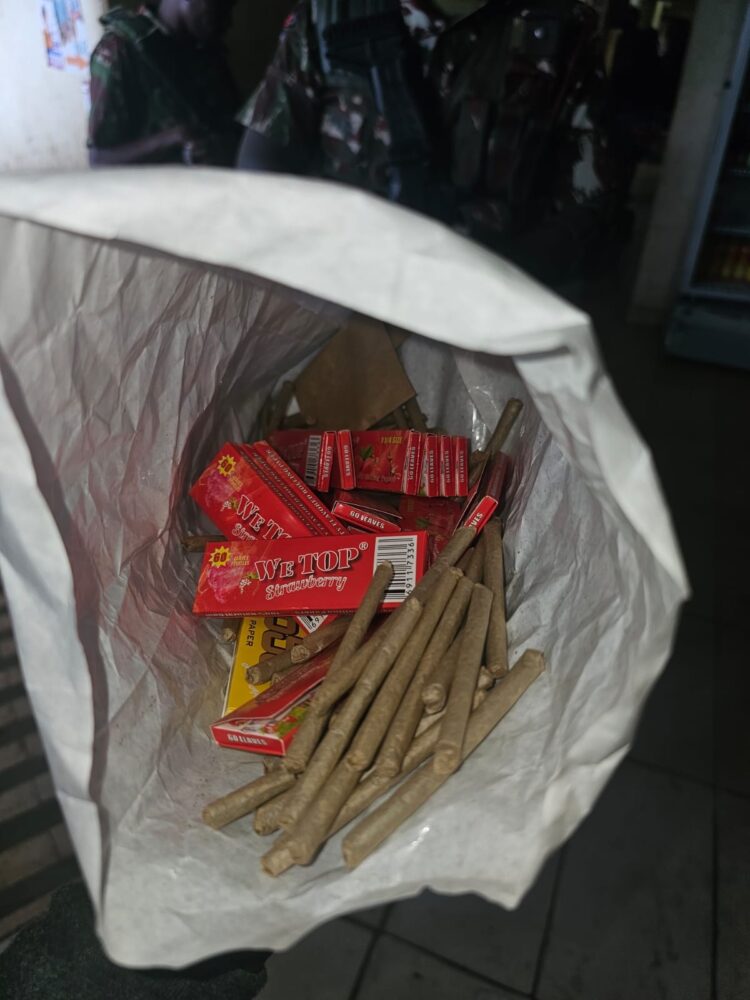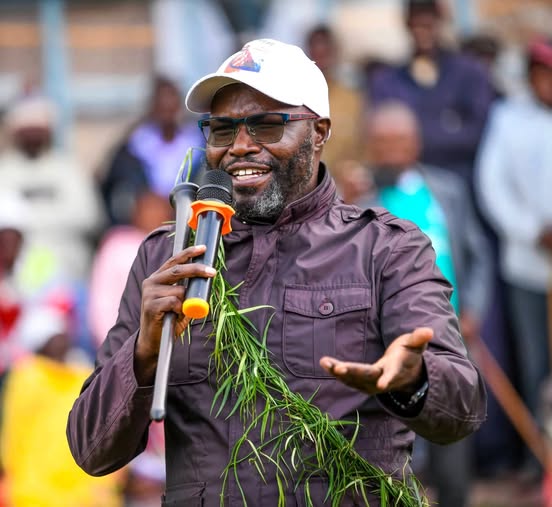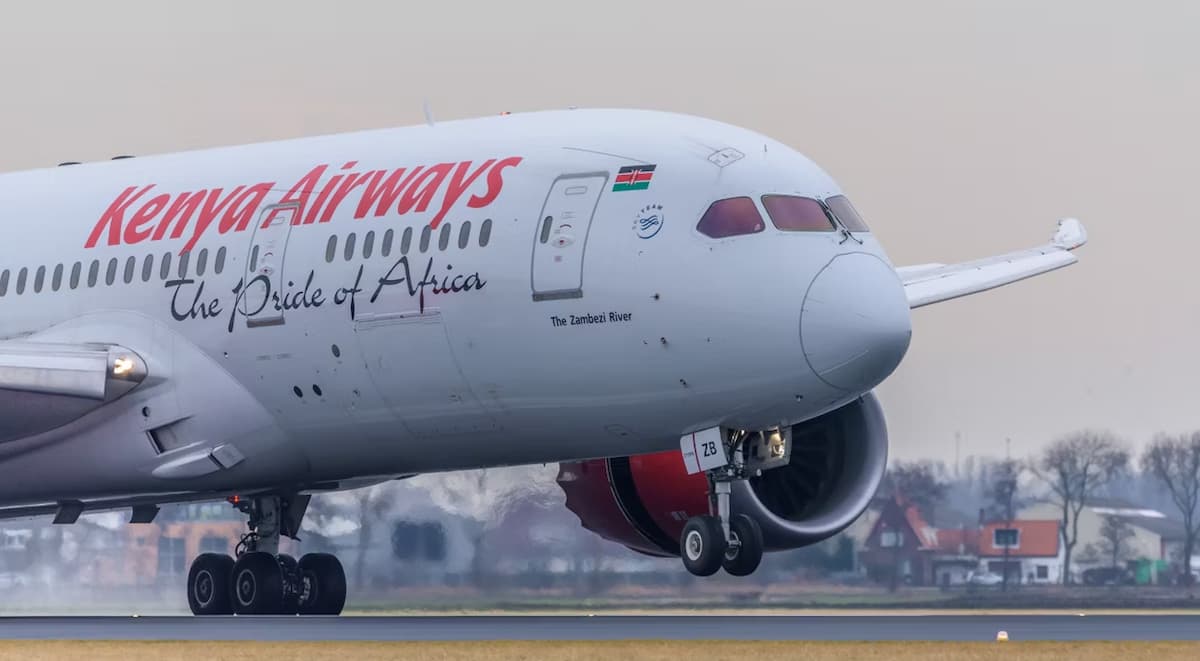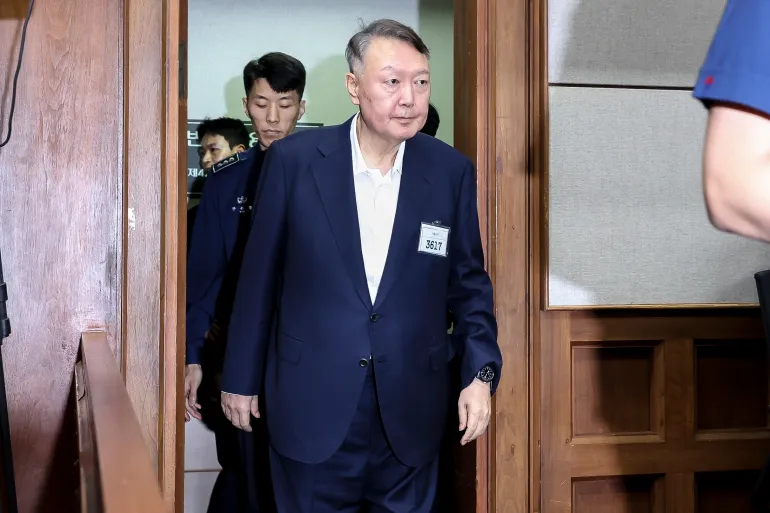President William Ruto has confirmed plans for a significant new industrial development in Kitui County, a Ksh 47.8 billion clinker factory set for January 2026, promising to be the largest facility of its kind in Kenya.
The major investment signals a firm focus on boosting local manufacturing capabilities and creating substantial economic opportunities across the Lower Eastern region.
The ambitious project is scheduled to officially launch in January 2026.
Clinker is the key intermediate material used in the manufacturing of cement. By expanding domestic production, Kenya aims to reduce its reliance on costly imports, stabilise construction prices, and enhance its position as a regional supplier.
This investment is part of a broader government strategy to drive industrialisation under its economic agenda.
The sheer scale of the KSh 47.8B investment is set to transform the local economic landscape in Kitui.
The factory will be the largest in the country, significantly increasing Kenya’s overall clinker production capacity. This moves the nation closer to self-sufficiency in cement raw materials.
The project is expected to generate major jobs in the region, both directly in the factory’s operations and indirectly across the supply chain, including transportation, mining, and related services.
Kitui County, known for its abundant limestone deposits, the raw material for clinker, is strategically positioned to become a critical hub for the construction industry in the East African Community (EAC) market.
Kenya has historically grappled with a deficit of clinker, forcing cement manufacturers to spend significant foreign exchange reserves on imports, particularly from countries like Egypt.
Local production efforts, such as the recently commissioned Devki clinker plant in West Pokot, have already helped increase capacity. The Kitui factory will add another massive block to this national goal, fulfilling the needs of the country’s fast-growing construction sector.
“This project is not just about building a factory; it is about building self-reliance. When we manufacture clinker locally, we save foreign currency, stabilise commodity prices, and create sustainable jobs right here in Kitui,” President Ruto stated during his announcement.
The development is expected to have a ripple effect on the local economy:
It will incentivise further investment in local infrastructure, including roads and power connectivity, to support the heavy logistical demands of a clinker plant, and the operation will require highly skilled technical staff, driving training and skills development programmes for the local population.
The factory’s anticipated launch in early 2026 marks a major milestone in Kenya’s path towards reducing its industrial import bill and cementing its status as a regional manufacturing leader.


